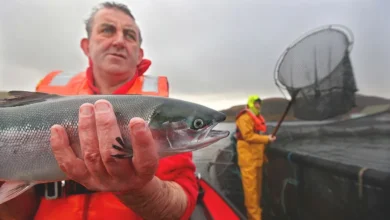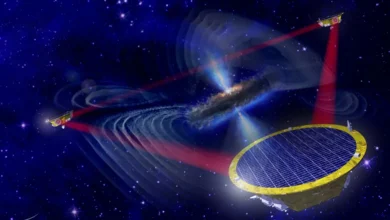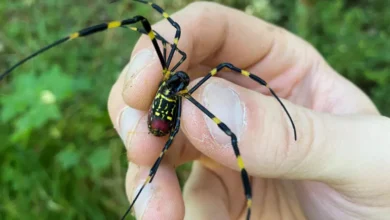Horses prove smarter than expected, study reveals

A new study by scientists from Nottingham Trent University (NTU) in England has revealed that horses are more cognitively advanced than previously thought, challenging long-held beliefs about equine intelligence.
According to the discovery, these animals possess a surprising level of cognitive ability and are capable of complex problem-solving and strategic thinking.
The research, published in the Applied Animal Behaviour Science journal, involved a series of reward-based tasks that demonstrated 20 horses’ ability to think, plan and adapt strategies.
Initially, horses were rewarded for touching a card with their nose. But when a light was introduced and treats were only given for touching the card when the light was off, the animals continued to touch the card regardless of the light’s status.
The critical turning point came when researchers introduced a penalty for incorrect responses: a 10-second timeout. Surprisingly, the horses rapidly adapted their behavior, touching the card only when the light was off to avoid the penalty.
The study’s lead researcher, Louise Evans, observed the surprising response when a penalty was introduced during the tasks.
“We were expecting horses’ performance to improve when we introduced the time-out but were surprised by how immediate and significant the improvement was,” Evans said, according to the Independent.
She added that this rapid adaptation suggests that the horses understood the rules all along, debunking the notion that they could only respond to immediate stimuli.
The Independent added that Carrie Ijichi, a senior lecturer in equine science at NTU, emphasized the significance of the findings.
“Horses are not natural geniuses; they are thought of as mediocre. But this study shows they’re not average and are, in fact, more cognitively advanced than we give them credit for,” she said.
The research team believes these findings have significant implications for horse welfare and training, suggesting that horses may be capable of understanding and responding to more sophisticated training methods.
“This teaches us that we shouldn’t make assumptions about animal intelligence or sentience based on whether they are ‘built’ just like us,” Ijichi added.










